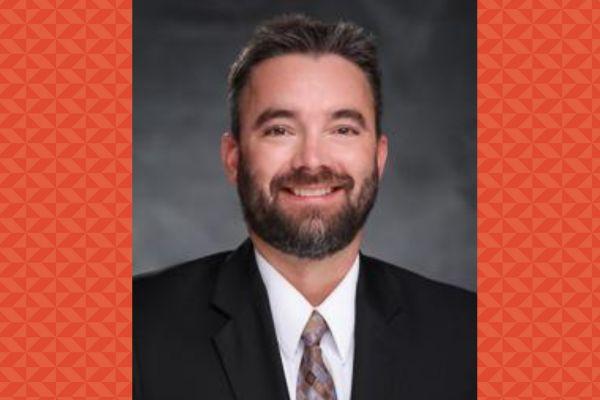Faculty in Focus: Antoine L. Bailliard, PhD, MS, OTR/L

Dr. Antoine Bailliard is an associate professor in orthopaedic surgery. As a member of the OTD faculty, he teaches Occupational Science and Occupational Transitions and works with OTD students on Customized Learning Projects. He's also a bridge builder and advocates for moving OTs into community health settings to better serve the growing number of individuals with mental health needs. He was recently appointed as a faculty member at the Star Institute for Sensory Processing in Denver.
What excites you about your role at Duke University?
At Duke, I feel completely liberated to innovate and grow in my profession. The students we teach are always teaching me something. They are always innovating and bringing new perspectives. I love involving students in my (research) work because of the energy and innovation they bring.
Tell Us About Your Work.
I am involved in many projects that center around community mental health services, helping people with mental health challenges live independently, and my core research which explores how sensory processing patterns affect community integration and participation in meaningful occupations.
I also hold an adjunct appointment with the Department of Psychiatry at UNC–Chapel Hill. Through UNC’s Center for Excellence in Community Health, I am a co-project director on Homelink, a project funded by the Substance Abuse and Mental Health Services Administration (SAMHSA), which deploys an innovative assertive outreach team to help meet the needs of adults with serious mental illness who are homeless or at risk of becoming homeless. I consult with a partnership between UCLA and the L.A. County Department of Mental Health (DMH) to end homelessness on a project to enhance the provision of specialized homeless outreach teams to adults with serious mental illnesses.
I also consult with the North Carolina Department of Health and Human Services (NCDHHS) on developing a protocol deploying occupational therapists and registered nurses to work with people with serious mental illness to help them transition out of dependent care homes and into independent living situations with supportive services. I also partner with Mary Beth Gallagher, PhD, OTR/L, BCMH, on the second year of a Bass Connections project that centers on interventions for individuals who have had a stroke and are dealing with the loss of vision, touch, and hearing, with a focus on better serving people from marginalized and vulnerable populations.
What are the trends you are seeing in your work?
Our nation has growing mental health needs, particularly in adolescents and young adults. It’s becoming a crisis that OTs can and should be at the center of helping to address. There are significant increases in environmental stressors and a growing number of Adverse Childhood Experiences (ACEs) impacting young people.
In our country, OT has not played a large role in delivering services in our community. Due to the billing and payment structures, OTs have traditionally been involved only in in-patient care. But that is changing, and OTs have more opportunities to be involved in their communities by helping to de-medicalize the approach to support and care.
What brings you joy?
My wife, Kimberly, and I have a set of nine-year-old twins, Luc and Claire. We enjoy the outdoors and spending time with family and friends. Kimberly is an OT too. We met at Camp Royall, which the Autism Society of North Carolina runs.
Hometown: I was born in Nantes, France, and grew up between Lyon and Brittany in France and a few places along the US East Coast.